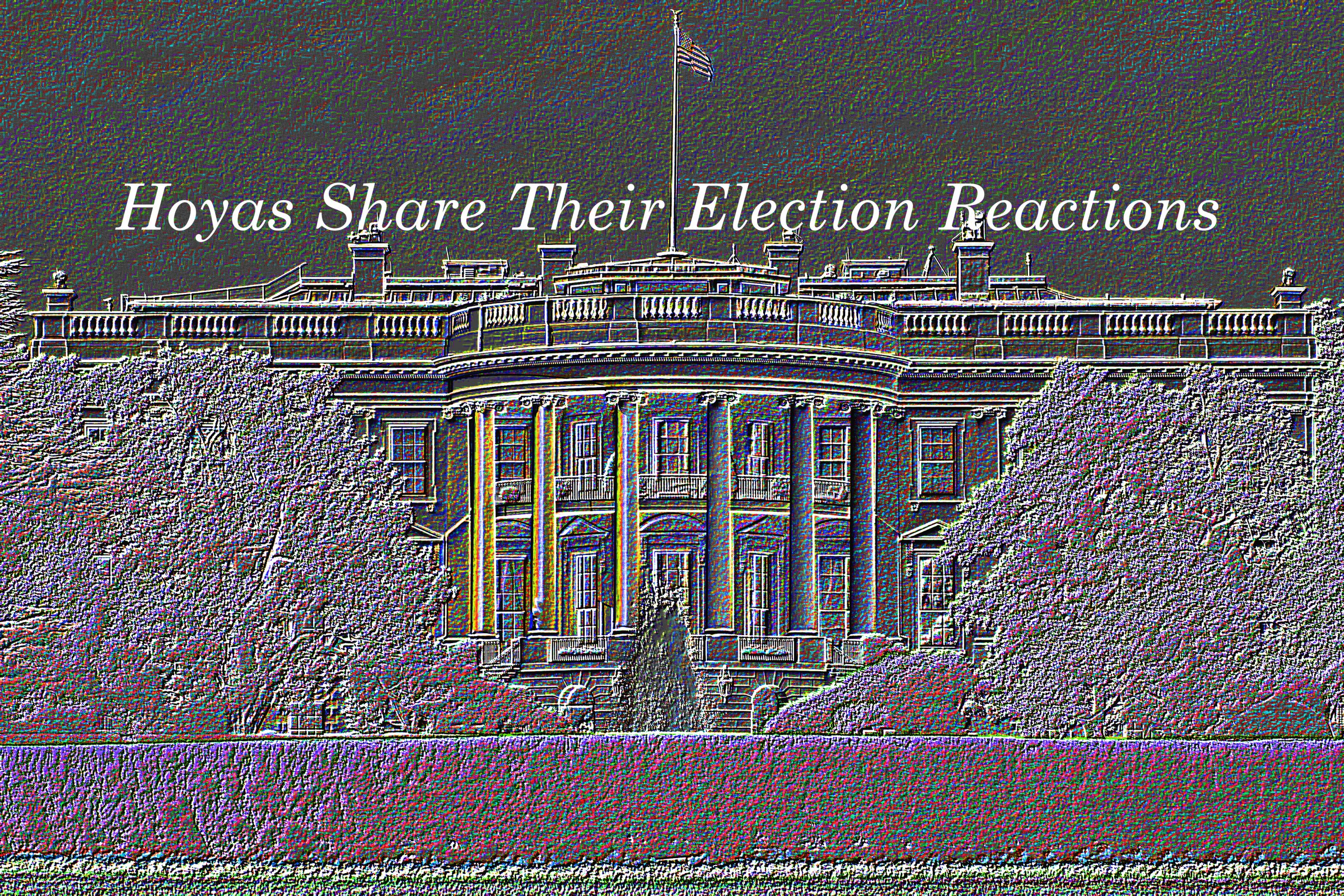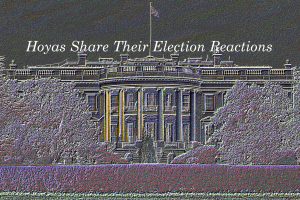Today, I am ashamed to be a white woman. The majority of people in the United States who look like me voted for a man who plans to implement xenophobic and racist policies. This man has a virulently homophobic running mate, has no respect for the agency of women, and denies climate change, the single greatest threat to human existence. Many had hoped that women would carry Clinton to victory, but upper-class white feminism produced no solidarity. This fact makes me feel sad, angry and helpless, and it’s this last emotion that I most want to address.
This is for the people who are ashamed that 53 percent of white women and 63 percent of white men voted for Trump; for the members of our community who are embarrassed to be American today. It’s long past time to talk about that shame, and to reflect on our whiteness and what that means.
I want to make clear that I know the outcome of this election is complex. A variety of factors from globalization to the silo-ization of media contributed to the election of a barefaced bigot. Knowing all this, it is undeniable that so many white people felt comfortable looking past overt racism and xenophobia when they cast their votes because they knew their friends and their families would remain safe. This may not mean they held animus towards Muslims, black people, and Latinx people, but it does mean that they have the privilege to ignore the consequences their vote had for these people. This is what a racist system looks like.
We do not think of whiteness as an identity nor as a community. Whiteness is the default: the color of characters in books, make-up shades, and nude bandaids. I exist in many all-white Georgetown spaces where that whiteness is seldom named. And yet, our white siblings made this possible, and we must resist the urge to separate ourselves from them with self-righteous posturing that affirms our goodness at the cost of their humanity. It would be so easy to convince ourselves that they have nothing to do with us, and that out here on the coasts and in the cities of this country, we are more enlightened, but this is false. We are complicit in this crime. They are us, and this is an opportunity to get our people in line.
This is a time for empathy and for bravery. It will be terrifying to look in the mirror and face the implicitly racist parts of myself. It will be difficult to sit still and listen to people whose worldviews I find abhorrent, even violent. However, our friends of color will be fighting for their lives, and we cannot ignore our responsibility to organize our own people. This means having conversations rooted not in politics or theory, as Georgetown students are wont to do, but in emotion and experience. This election was not won on the merits of policies, but on the stories people believe about their world. We will not win by bashing people over the head with our superior debating skills, and we will certainly not win with smug Facebook memes.
Many of us are still reeling and still processing what this election means. Some of us, such as queer people, will continue to be targeted regardless of our whiteness. There will come a time when we must accept that the Trump voters many of us want to condemn are redeemable, that they are human and therefore possess the ability to change and to grow.
I do not have a script, but I know I need to do soul-searching to begin. Acknowledging who we are and how we have been shaped by our birth is the first step, along with abandoning our perfectionist need to be “good white people” who won’t risk disturbing our veneer of racial progress with honesty. I am a product of white supremacy, and as a result, I will screw up. This fact gives me power, because acknowledging my flaws will allow me to connect, to access the vulnerability that is so essential to understanding one another.
Having a conversation does not sound radical, and I know I’d rather take to the streets right now than search my friends list for a Trump supporter. However, I firmly believe that things will not change unless we come out from behind our ideological walls and learn to move each other, on a human level. Unless we learn to confront ourselves as well as our parents, our significant others, our neighbors, our professors, and our teammates with difficult truths, we will continue to talk past each other, screaming increasingly loudly into a void.
Many Georgetown students, faculty and staff are not safe in Trump’s America. My white skin has not protected me from shouts of “grab them by the pussy” between Tuesday and today; LGBT people everywhere are under threat regardless of their race. However, we have a security in this country that people of color do not. We can put our bodies on the line. We can join existing movements and organizations, led by experienced organizers who know how to best make progress for their communities. We can use our privilege to protect others, and to speak up and be heard in spaces where they cannot.
These conversations will not be easy. The next four years will not be easy. But although my community is in a world of hurt, and my heart is breaking for this country we have made, I am far from powerless. I hope that we as white Americans who reject this presidency and what it represents will overcome our shock and our sadness. The time for mourning will pass soon enough. We have a lot of organizing to do.
Cassidy is a junior in the College.




